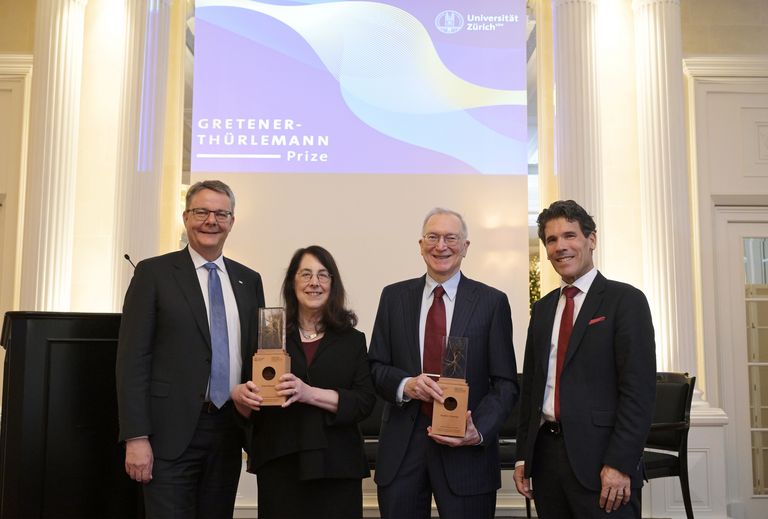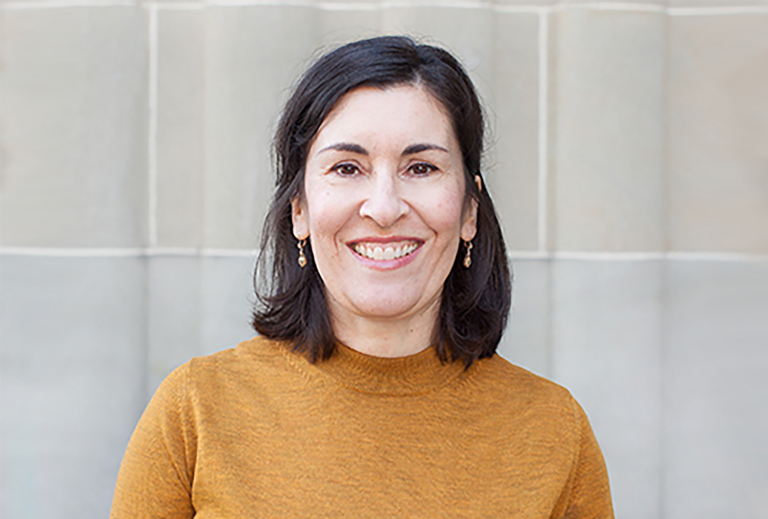Language and communication fulfill key functions such as strengthening ties between people, ensuring independence and improving people’s well-being. But what happens when we retire? The VARIAGE research project is now exploring this question.
The older we get, the more likely our language and communication skills are to decrease, affecting our interactions with those around us. This is unfortunate, as these skills fulfill important functions, especially for older people, such as strengthening ties, ensuring independence and improving one’s well-being. That is why it’s important to investigate people’s ability to communicate and deal with communication problems as they approach retirement.
In their research project called VARIAGE (Variation in second language use and development across retirement), the team of UZH Professor Simone Pfenninger is now researching whether and how retirement, as a socially constructed concept, affects the language use and language learning ability of people over the age of 60. It is the first project to collect data on the effects of retirement on people’s ability to communicate in their first and second language. By identifying risk factors for cognitive decline as well as communication problems, the researchers also aim to develop strategies that can help people maintain their cognitive skills and promote healthy aging. Find out more about the research process here.
The UZH Foundation is raising funds for this project on behalf of the Executive Board of the University. Your support will help generate new insights into the importance of language use in active and healthy aging.
We would be happy to present the project to you in person and look forward to hearing from you.



